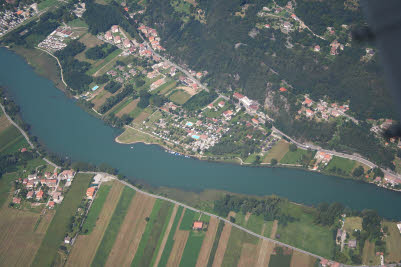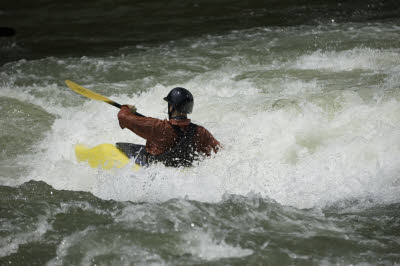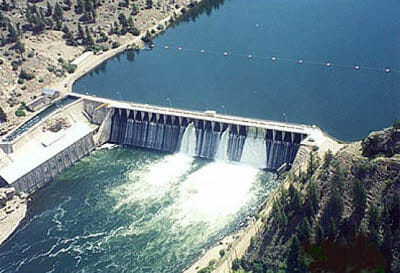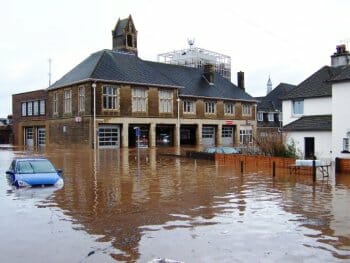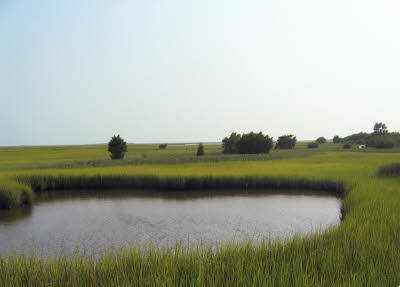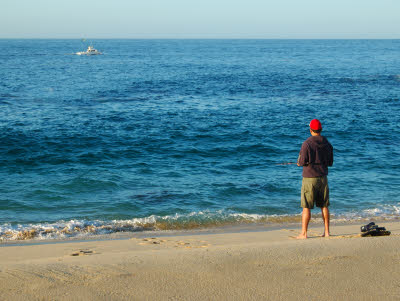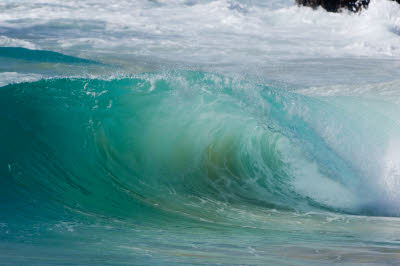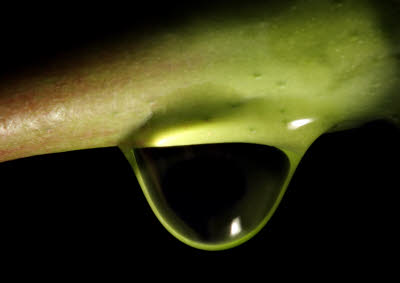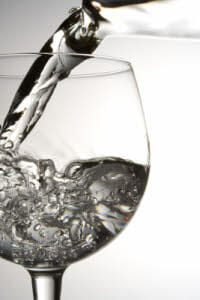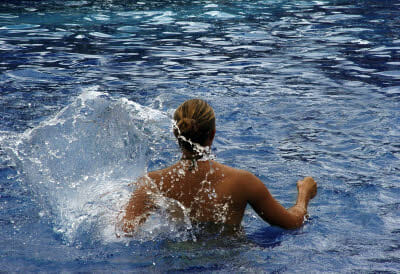Espresso English Blog
Brazil
March 18, 2012
OK, I’m not sure if it’s exactly 80% of English learners who confuse these verbs – but it’s definitely a lot! Most of them have very similar meanings, but are used in different contexts.
close / shut
You can use both close and shut with doors and windows:
- Please close the door.
- I shut the window because it was getting cold.
With eyes and mouths, close is probably a little more common than shut (especially with mouth):
- He closed his eyes and tried to sleep.
- The dentist asked me to close my mouth.
When talking about a store, bank, post office, etc., use only close:
- The bank closes at 4 PM.
- What time does the post office close?
start / begin
You can use both start and begin for an activity:
- I started playing the piano when I was 8 years old.
- What time does the meeting start?
- He’s beginning to read more advanced books in English.
- We left the park when it began to rain.
When you turn on a car or vehicle, use “start”:
- I had to call a mechanic because my car wouldn’t start.
In general, begin is used for more formal and more abstract ideas:
- Scientists are studying how life began on earth.
- World War II began in 1939.
end / finish
When something ends, it means it stops:
- My English class ends at 7:30.
- I ended my last relationship because I felt we had nothing in common.
When something finishes, it means it is completed:
- She finished the test and gave it to the teacher.
- We need to finish painting the house.
listen / hear
Hear is often used for the action that you do accidentally:
- Did you hear that? It sounded like a gunshot!
Listen is often used for the action that you do intentionally:
- I listened to the new CD.
There are some exceptions:
- I heard (= listened to) an interesting show on the radio last night.
- 3 Comments
- Comment on this
|
06:23 AM Mar 22 2012 |
|
|---|---|
|
IRENE FOREVER
|
|
|
01:54 AM Mar 22 2012 |
|
|---|---|
|
englishteacher24/7
|
|
|
04:53 AM Mar 20 2012 |
|
|---|---|
|
PhilologistAUL
|
|
March 4, 2012
Click here to listen to these words!
Rapids (n.)
"Rapids" are a part of the river where the water is fast and agitated.
Dam (n.)
A dam is an artificial barrier constructed to control the flow of water.
Stream / Brook / Creek (n.)
A stream, brook, or creek is smaller than a river.
Waterfall (n.)
Flood (n. and v.)
An area is flooded when there is too much water.
Swamp (n.)
A swamp is an area with lots of water and vegetation.
Lake (n.)
A lake is surrounded on all sides by land.
Reservoir (n.)
A reservoir is an artificial lake created to store water.
Pond (n.)
A pond is smaller than a lake.
Puddle (n.)
Puddles are the small pools of water that appear after it rains.
Ocean / Sea (n.)
Oceans cover more than 70% of the earth's surface.
Oceans have salt water. The water that we drink (without salt) is called fresh water.
Wave (n.)
Drop (n.) / Drip (v.)
A little bit of water is called a "drop." When it falls, that action is called "dripping"
Pour (v.)
When you transfer liquid from one place to another, you "pour" it.
Splash (n. and v.)
When you make water fly, this action is called "splashing"
- 2 Comments
- Comment on this
|
02:53 PM Mar 09 2012 |
|
|---|---|
|
goodmahsa
|
|
|
10:02 PM Mar 04 2012 |
|
|---|---|
|
qiletaotao
|
|
March 3, 2012
act up
- When a person behaves badly.
My kids were acting up during the movie – they were talking loudly and annoying everyone in the theater!
- When a disease or medical condition starts to become annoying after not being a problem for some time.
I can’t play soccer today. My left knee’s been acting up lately.
back up
- back (someone) up= give someone support or help, especially when they make a difficult decision or present an idea that may be unpopular.
The manager decided to cancel our holiday, and the director backed him up on it.
- back up (files or documents on a computer) = make a copy of the information in case there’s a problem with the computer in the future.
If you back up your files, you won’t lose your work if your computer crashes. - back up (a car) = drive the car in reverse.
You should check your mirrors frequently when backing up in order to avoid an accident.
beat up
- beat (someone) up = physically attack a person with kicks and punches
The bank robbers beat up the security guard so badly that he had to be taken to the hospital. - beat (yourself) up = be angry at yourself because of a mistake you made.
I’m beating myself up over that stupid mistake I made on the test!Sarah, I know the job interview went badly, but don’t beat yourself up about it. I’m sure you’ll find another opportunity.
blow up
- Explode.
The bomb blew up and destroyed the building. - Have an explosion of anger.
Donna blew up when she discovered that her son was using drugs. - Blow (something) up = inflate with air.
We blew up 500 pink balloons for my daughter’s birthday party.
bottle up
To keep emotions inside.
Dan bottles up all his emotions – he never shows what he’s feeling.
break up
To end a romantic relationship.
Sally and her boyfriend broke up last week.
bring up
- bring (someone) up= care for and educate a child for many years.My sister isbringing up three biological children and two adopted children.
- bring (something) up= introduce a subject into a conversation or discussion.Ibrought up the issue of salary adjustments during the meeting.
cheer up
cheer (someone) up = to make someone happier
My son was sad because he had a bad day at school. I tried to cheer him up by buying him ice cream.
clean up
To make clean
Please clean up the mess you made in the kitchen!
come up
To arise.
Sorry I couldn’t come to your birthday party yesterday – something came up.








